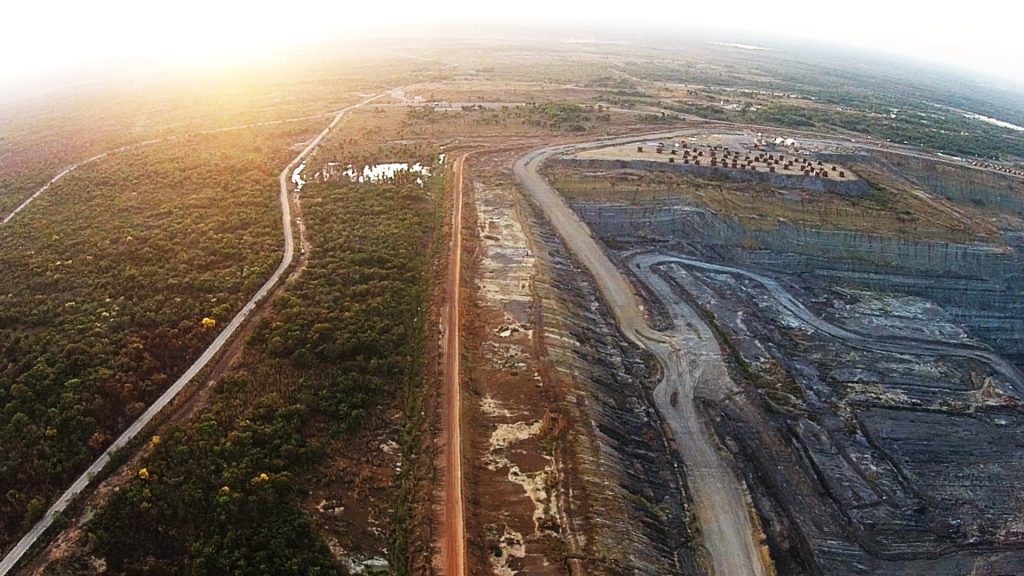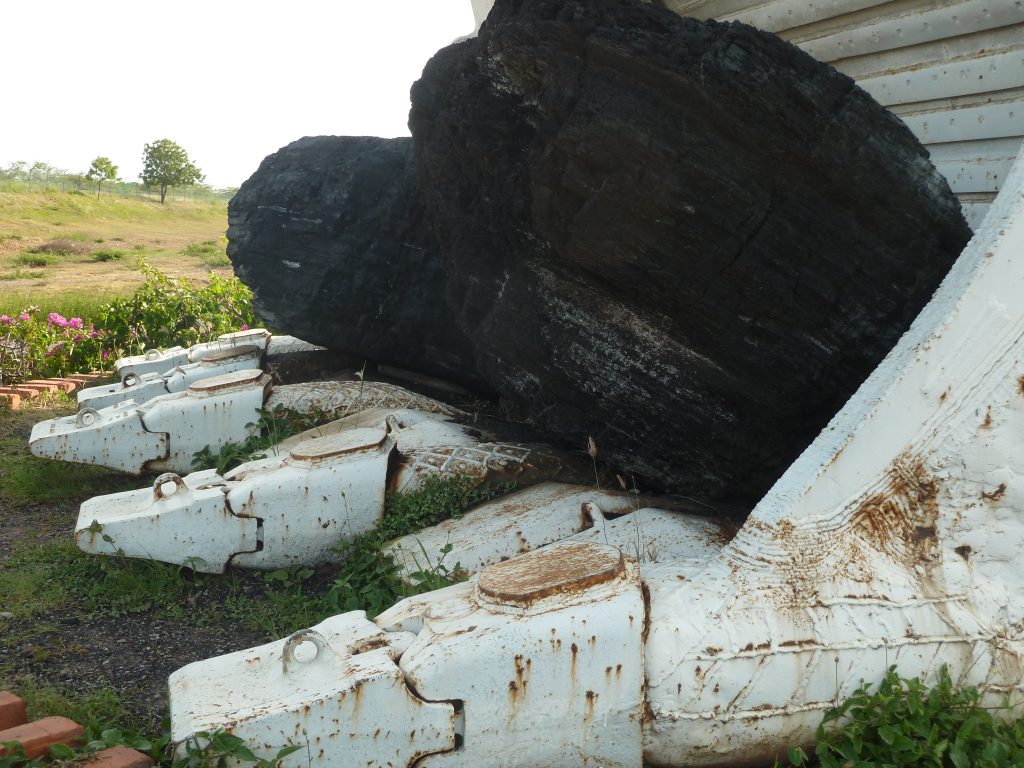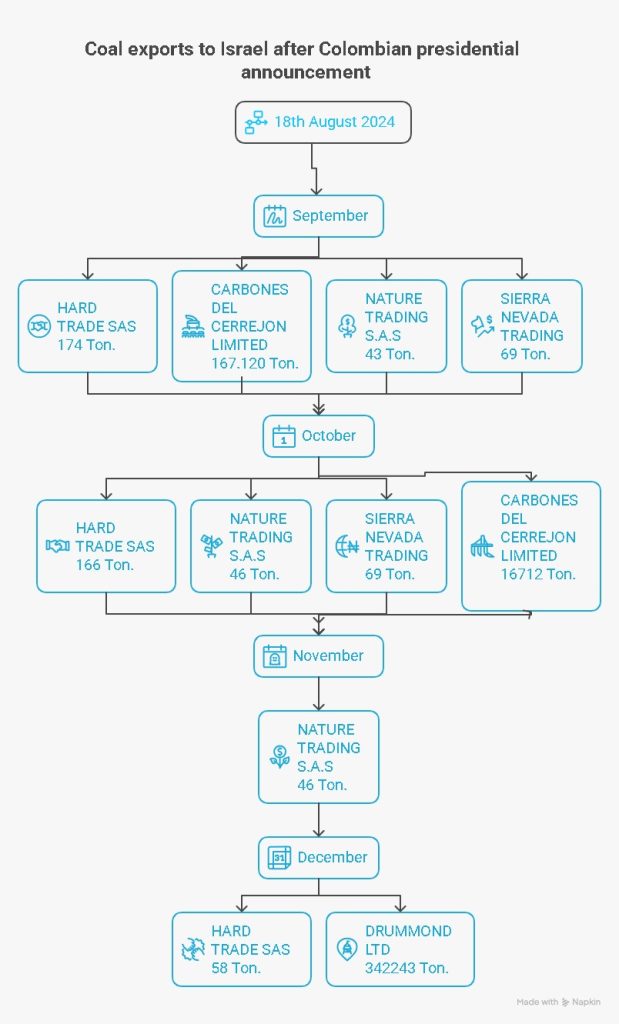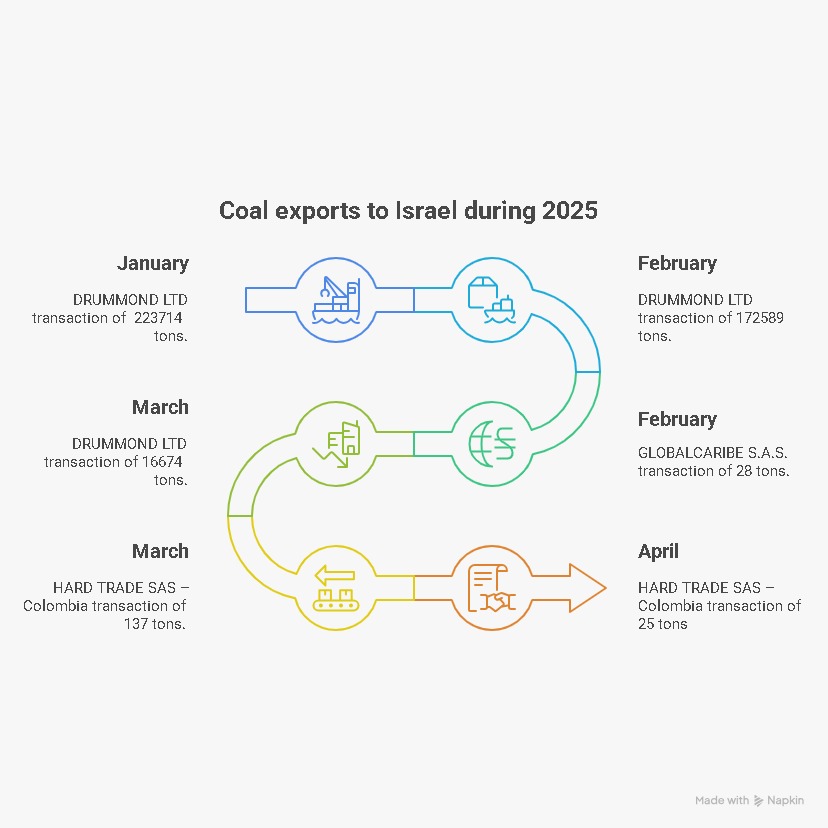On May 20, 2025, the United Kingdom announced it would suspend its Free Trade Agreement with Israel and negotiate a new one. The next day, the President of Colombia praised the British people, writing: “I congratulate the UK for its dignified decision against genocide. Now Colombia invites all of Latin America to denounce free trade agreements with Israel. One does not trade with genocidal states.” However, Colombia has not completely ended its commercial relations with Israel, despite President Petro’s statements a year ago announcing the severance of relations with the Zionist government led by the genocidal Benjamin Netanyahu, and a halt to all thermal coal exports to Israel due to the Palestinian genocide.
On May 1, 2024, President Gustavo Petro announced before more than 30,000 people in Bogotá’s Plaza de Bolívar that he would break relations with Israel, a measure that took effect the following day. Two months later, President Petro reaffirmed his commitment by issuing Decree 1047 on August 14, 2024, which established a “prohibition on coal exports to Israel,” a policy that was to take effect later that month.
The Colombian president’s decision was celebrated by those who have condemned the genocide, such as the Palestinian Institute for Public Diplomacy (PIPD), which stated: “Colombia’s decision is a tangible way to hold Israel accountable for annihilating the Palestinian people and to help end the ongoing genocide,” and called for an energy embargo on Israel. The “Progressive International” platform likewise praised Petro’s move, declaring: “Colombia’s coal embargo on Israel is a model to follow.” But Petro’s words have not materialized.
According to Colombia’s National Tax and Customs Directorate (DIAN), between September 2024 and April 2025, Colombia exported 1,240,395.3 tons of coal to Israel, worth just over 526 billion Colombian pesos.
Of Coal and Genocides in Colombia and Palestine

Colombian thermal coal is highly efficient for thermoelectric energy production, and Colombia’s output makes it a key global player. In many countries, coal from Colombia’s Caribbean region is converted into electricity. However, this coal has come at the cost of exterminating Wayuu and Yukpa Indigenous peoples, as well as Afro-Colombian communities like Tabaco, who resisted colonial slavery but could not survive open pit coal mining.
El Turbión has reported, through the voices of Indigenous and Afro-Colombian communities in Cesar and La Guajira, how mining by companies like Glencore threatens their existence and has devoured the tropical dry forest and poisoned the region’s water.


Those investing in these companies through pension funds or stock ownership are financing crimes of genocide and ecocide. One of the countries backing its retirees’ future at the cost of crimes against humanity in Colombia is Canada, with two pension funds involved: the Canada Pension Plan Investment Board and the Ontario Teachers’ Pension Plan. Another is the United Kingdom, via J.P. Morgan Asset Management.
Other contributors to the extermination of ancestral peoples in Colombia are the countries that buy Colombian thermal coal. Among the top 10 buyers is Israel, which alone imported 3 million tons in 2023—5.4% of Colombia’s total thermal coal exports that year.Top 10 Buyers of Colombian Thermal Coal:
- South Korea
- China
- Turkey
- Netherlands
- Poland
- Mexico
- Chile
- Israel
- Brazil
- Japan
The environmental and human rights costs of Colombian coal are well known in Colombia and Europe. It’s unlikely that Israel is unaware, given its relations with the Colombian state and its dependence on this resource.
Israel has also been involved in Colombia’s paramilitary history. In the 1980s, Israeli ex-commander and death instructor Yair Klein trained 30 assassins for paramilitaries in Puerto Boyacá during Álvaro Uribe Vélez’s governance. Today, he is protected by Israel from extradition to Colombia. In the defense sector, Israel has authorized Colombia to manufacture and assemble Galil rifles and sold over 20 Kfir jets in the 1990s. More recently, under President Iván Duque, Israel’s NSO Group sold Colombia the Pegasus surveillance software.
Regarding Israel’s dependence on Colombian coal, S&P Global Commodities at Sea reported that in 2024, Israel imported 1.4 million metric tons of thermal coal—855,700 of which (60%) came from Colombia.
According to OpenInfraMap, Israel has 199 power plants generating 18,128 MW. Of these, three coal-fired power plants produce 4,895 MW combined. That means thermal coal represents 27% of Israel’s energy generation, and 60% of that coal comes from Colombia—making 16.2% of Israel’s electricity dependent on Colombian coal. This energy fuels both civilian needs and its military industry.
Defense companies like Rafael Advanced Defense Systems, Israel Aerospace Industries (IAI), and Elbit Systems rely on robust, stable, and inexpensive energy infrastructure to manufacture the weapons used in Israel’s extermination campaign in Palestine and its ongoing war with Iran, which escalated after the U.S. bombed three Iranian nuclear facilities—Fordow, Natanz, and Isfahan—on June 21.
Half-Broken Ties

Despite the President’s stated political commitment to Palestine, ships like the Ashkelon and Navios Felix left Colombia for Israel carrying coal after the embargo was announced. The defense sector is no different.
Colombia signed contracts in late 2024 that remain in effect, showing how dependent Colombia’s military security is on Israel—complicating any “cutting” of ties with the Zionist regime. One example is the outdated Kfir aircraft.
The Colombian Air Force (FAC) maintains contract 260-00-A-COFAC-CODAF-2024 with Israel Aerospace Industries Ltd., signed on December 12, 2024, and valid until July 30, 2026. Worth COP $32.7 billion, the direct contract covers “scheduled (routine) and unscheduled (non-routine) maintenance services for FAC’s Kfir aircraft.”
According to then-Minister of Defense Iván Velásquez, the contract was the result of longstanding commitments with Israel. He announced that contracts with Israel would end when Petro’s term ended—something that began with the purchase of Swedish Saab 39 Gripen fighter jets.
It remains unclear what will happen with contracts and licenses to produce and/or use Jericho pistols, X95 rifles, Negev NG7 machine guns, Nimrod and Spike anti-tank missiles, Atmos self-propelled artillery systems, M-462 military vehicles, Eagle Eye anti-aircraft batteries, AH-60 helicopters, and Hermes drones.
What’s most concerning is that purchases from Israel continue, and the military embargo is not being enforced. This strengthens Israel’s military industry and increases surveillance and repression in Colombia. As the BDS Colombia movement revealed, the National Police’s Criminal Investigation Directorate (Dijin) signed a 2025 contract with Elbit Systems worth 9 billion pesos for “maintenance of the Target 360 communications interception platform.”
Dependencies and Hypocrisies
Israel’s influence over Colombia’s defense has made severing ties difficult—not due to lack of political will from President Petro, which cannot be said for other nations.
European diplomacy, especially that of Germany, struggles to separate itself from the historical guilt of the Jewish genocide in Europe. That guilt has enabled the current genocide in Palestine.
Germany was one of Israel’s main arms suppliers, accounting for 30% of Israeli imports between 2019 and 2023. Only recently did it take partial action against the Gaza genocide: in May 2025, Chancellor Friedrich Merz criticized Israel’s offensive on hospitals and starving civilians and suspended arms exports, dropping from €326.5 million in 2023 to €14.5 million. Yet Merz also backed Israel’s war on Iran, saying Israel was doing the “dirty work” that the U.S. and Europe should be doing against the Ayatollah—maintaining geopolitical alignment with Israel as an aggressor and Middle East destabilizer.
Spain also supplies weapons to Israel, albeit in smaller and non-crucial quantities, yet profited from the massacre of civilians by exporting over €18 million in military equipment to the Zionist regime since 2023. In 2023, Amnesty International called on Spain to permanently halt arms sales to Israel. Only in late May 2025 did Foreign Minister José Manuel Albares and Defense Minister Margarita Robles announce they would seek an arms embargo on Israel.
The UK, instrumental in Israel’s 1947 creation, has been lukewarm in condemning the Palestinian genocide. Its only tangible action was to announce renegotiation of its trade agreement with Israel.
All these countries, by selling weapons to Israel and using euphemisms to describe the genocide it perpetrates, have been complicit in 20 months of extermination. According to Gaza’s Health Ministry, over 17,000 children have been killed—more than 30% of the over 50,000 total fatalities caused by Israel. Meanwhile, Netanyahu’s Zionist government has imposed an unprecedented famine on the Palestinian people.
Though Western leaders have enabled genocide by failing to block arms sales to Israel, their populations have not remained indifferent. On June 7, 300,000 people marched in Rome and 100,000 in Stockholm in support of Palestine. Unions have also acted: on November 9, 2023, port workers in Italy, Greece, and Turkey announced they would boycott loading and unloading weapons bound for Israel. In Marseille, France, on June 5, port workers refused to load a container with assault rifle parts for Israel in solidarity with Palestine.
In Colombia, leftist mobilizations support Palestine and condemn the genocide. Although President Petro calls on Latin America to cut trade ties with Israel, he must narrow the gap between words and action to fulfill Colombia’s promise to Palestine of a genuine energy and arms embargo.
Your support strengthens independent and trustworthy journalism.
Si encuentras un error, selecciónalo y presiona Shift + Enter o Haz clic aquí. para informarnos.






